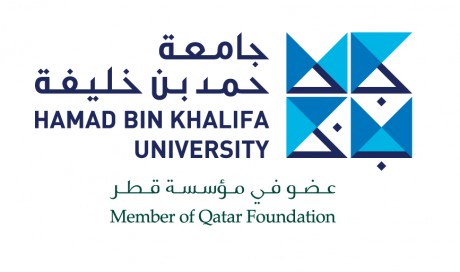The year-long blockade on Qatar, imposed by Saudi Arabia, the UAE, Bahrain and Egypt, has had significant impact on the human rights of persons both within Qatar and in the four states of the Quartet, a new report has concluded.
Titled "The Qatar Blockade One Year On; Human Rights Violations and Coercive Measures" and published by renowned international human rights lawyers and experts, Professors William Schabas and John Dugard, the report said coercive measures imposed on the tiny Gulf state has infringed the rights of people across the mentioned countries, including international residents and migrant labour workers.
On June 5, 2017, the Quartet severed diplomatic and economic ties with gas-rich Qatar, accusing it of links to extremist groups.
Qatar has consistently denied the allegations and repeatedly called for dialogue to end the crisis.
But the Saudi-led bloc has refused to negotiate before Qatar heeds to a list of demands, including shutting down the flagship Al Jazeera news network and London-based The New Arab.
Shortly after the crisis erupted, Saudi Arabia sealed its land border with Qatar and barred Qatari flights from using Saudi and Emirati airspace.
Meanwhile, Qatar's Emir Tamim bin Hamad al-Thani has called for a negotiated settlement to the damaging dispute, but insisted any solution should not come at the expense of "Doha's sovereignty and dignity".
The four nations have demanded Doha accepts a list of 13 conditions to open a dialogue. Mediation efforts to resolve the rift, mainly led by the emir of fellow Gulf state Kuwait, have so far failed to break the deadlock.
But while the crisis has shaken the politics of the region, it has also had serious impact on the lives of ordinary civilians on the ground, many of which have been highlighted in the report, which was published on the eve of first-year anniversary of the blockade.
Among its many effects is the infringement on freedom of movement, which has impacted residents and nationals "within their own borders as well as in and out of Qatar".
"Limitations on freedom of movement between Qatar and the other countries is sanctioning Qataris and residents of Qatar, as well as residents of the other three Gulf States in the Quartet," the report said.
The blockade has also forced the separation of family members, many of whom have inter-married and or are residents in Qatar or the Quartet nations.
"Measures taken by the Quartet against Qatar have had terrible consequences for family life "
According to the Universal Declaration of Human Rights "[t]he family is the natural and fundamental group unit of society and is entitled to protection by society and the State".
...[ Continue to next page ]
Share This Post













